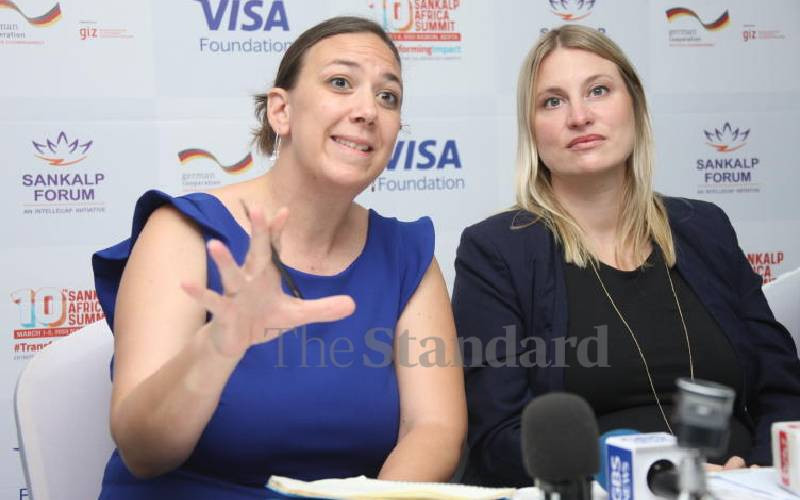×
The Standard e-Paper
Kenya's Bold Newspaper

Audio By Vocalize

From face value, it appears more and more startups in Kenya, and the rest of the continent, are attracting massive amounts of funding. This is undoubtedly good for business.
But the funding, as detailed by some experts and studies, could not be making sense, owing to the fact that local solutions, that startups are building, are not prioritised.